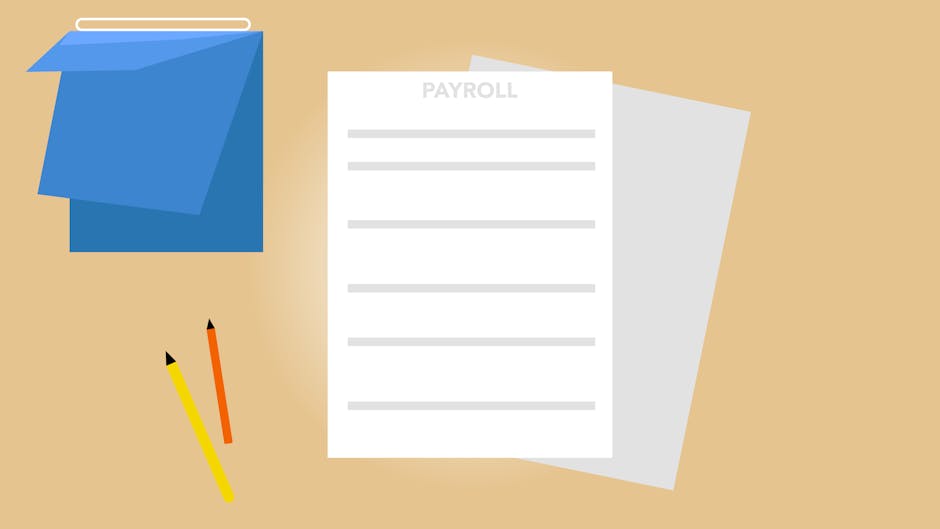Hello, and welcome to Your Money 2.0. I’m Thomas Fox, Community Outreach Director for Cambridge Credit Counseling. In our last episode we discussed problems involving the debt settlement industry. We’ve received a fair amount of feedback, and among your most-asked questions was “What is the difference between debt settlement and debt management?” As we said in that webisode, debt settlement companies offer your creditors a lump sum payment for less than the balance owed to satisfy your obligation. In order to negotiate these lower amounts, debt settlement companies need a very important bargaining chip – money. Creditors are often willing to accept a lower payment to settle a debt, providing the payment can be made right away. If the creditor agrees to accept a settlement of $5000 on a $10,000 debt, the $5000 would have to be paid immediately. This is an impossible scenario for many consumers. Let’s face it: if we could put together a few thousand dollars quickly to satisfy our financial obligations, we probably wouldn’t be looking for help in the first place.
In order to accumulate the necessary funds to settle your account, the debt settlement company holds your money in an escrow account, typically for several months. In the meantime, your creditor is not being paid, interest and late fees are added to your balance - increasing your debt, and the collection calls are continuing. Holding money while creditors go unpaid is the greatest problem associated with debt settlement, but there are other drawbacks. The fees that debt settlement companies charge are often astronomical - usually a hefty percentage of either your total indebtedness or the amount settled for, as well as monthly service charges while they wait out your creditor. In addition, debt settlements may result in tax liabilities if $600.00 or more in principal is forgiven. Debt management agencies, on the other hand, offer services that can help you reclaim control of your financial well-being. A reputable agency will perform a full financial assessment to help diagnose the root cause of your difficulty. A certified counselor will work with you to create effective, realistic solutions that address your specific situation. In some circumstances, a small percentage of consumers may benefit from the structured guidance of a debt repayment plan.
Unlike debt settlement, debt management programs are supported through the active participation of your creditors. These plans work to make monthly obligations to creditors more manageable, most often through concessions such as a reduction in your current interest rate and the elimination of any late or over-limit fees you may be paying. In return, you simply agree to close the account with your creditor and maintain your monthly payment. In this scenario, creditors don’t experience the disruption they go through with a debt settlement service. Therefore, you are not walking away from your debt. You are paying back what you owe, but doing so with terms that may be more manageable for your situation. Let’s take a closer look at some of the concessions granted by creditors. As I said, many creditors will reduce the interest rate on an account enrolled in a debt management plan, or DMP. Some creditors grant an outright interest rate reduction, meaning that they will reduce the rate to a level established for all consumers who enroll.

Other creditors reserve the right to offer benefits on a case-by-case basis. Clients who meet the creditor's criteria receive one interest rate, while those enduring a greater financial hardship may receive an even lower rate to accommodate their situation. A creditor may also re-age an account. If you were delinquent on your account prior to enrolling in the debt management program, some creditors are willing to bring the account to a current status, even if the consumer does not pay the full amount due. This usually takes place after three to four payments have been made through the program, although it can occur sooner, depending on the particular creditor's policy. The current status would then be reflected on the consumer’s credit report, and the statements from their creditors would no longer show any past-due amounts. Finally, some creditors may eliminate late and/or overlimit fees. This occurs either upon receipt of the proposed payment arrangement or when the account is brought current or re-aged. If a creditor's policy is to waive its fees upon re-aging an account, fees would be charged until that point is reached, usually 3-4 months into the plan. Well, that’s it for this edition.
We welcome your feedback and ask for your thoughts and suggestions by e-mailing us at yourmoney2@cambridgecredit.org. Thank you for watching. Until next time, I’m Thomas Fox for Cambridge Credit Counseling..
As found on YouTube

